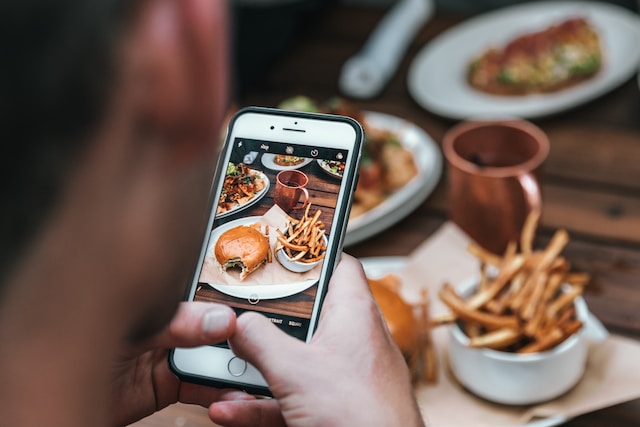Gen Z Disrupts Traditional Marketing Formula

The traditional marketing funnel is being challenged by Gen Z as social media becomes its primary marketplace, entertainment center, learning platform, and news source, reports Vogue Business.
The “consumer funnel” used to market items in-store and online focuses on the following stages: awareness, interest, desire, and action, according to the report, adding that the funnel prioritized reaching as many people as possible with sweeping and general advertising.
Now the mold has broken as the internet and social media become the primary platforms for discovery. When asked about where Gen Z shoppers learn about new brands, products, and experiences, YouTube, TikTok, and Instagram are the most cited.
Roughly 80 percent of the generation agrees that they are exposed to more brands and advertising than other generations, according to research from youth culture agency Archival. The company surveyed 750 Gen Zs and 250 millennials in the U.S.
“Because Gen Zs came of age in an era where they’re constantly bombarded with content and information via social media, they consider inspiration and discovery foundational to their experience and even core to who they are,” said Ben Harms, chief growth officer at Archrival. “The challenge for brands is delivering that inspiration to them in the right ways at the right moments.
Despite social media relying on a “swipe to buy” mentality that values impulse purchases, the report found that Gen Z consumers aren’t buying products impulsively. Instead, “young people are increasingly using social media as a search engine to research products they’ve seen online or in real life and hear from others about the item’s fit, quality, packaging and more,” according to Vogue Business.
For Gen Z shoppers, influencers remain an important part of the inspiration journey, found the Archival report, with 51 percent of Gen Z respondents saying that social media influencers create new trends compared to 36 percent of millennial respondents who said the same. Full Story
